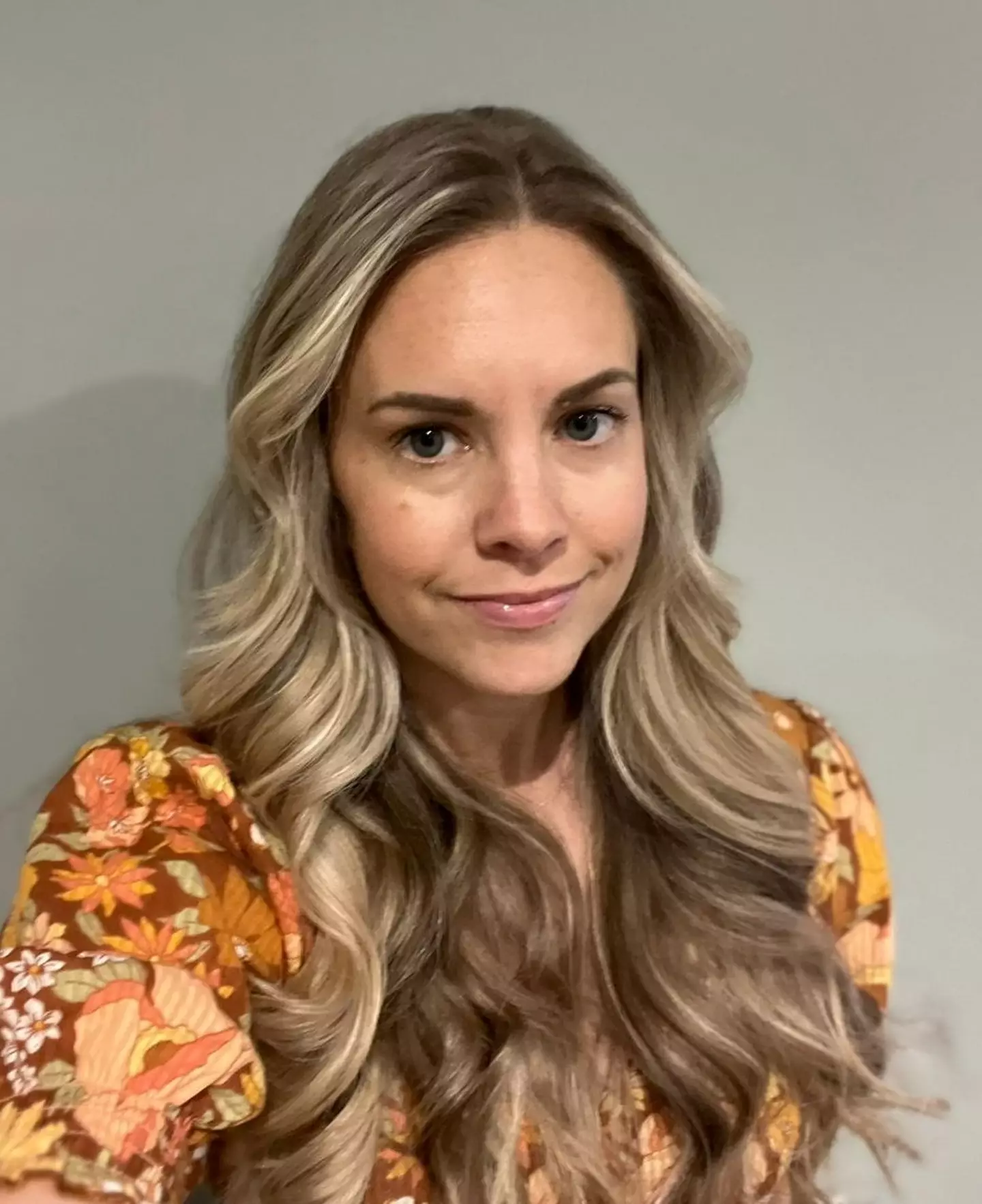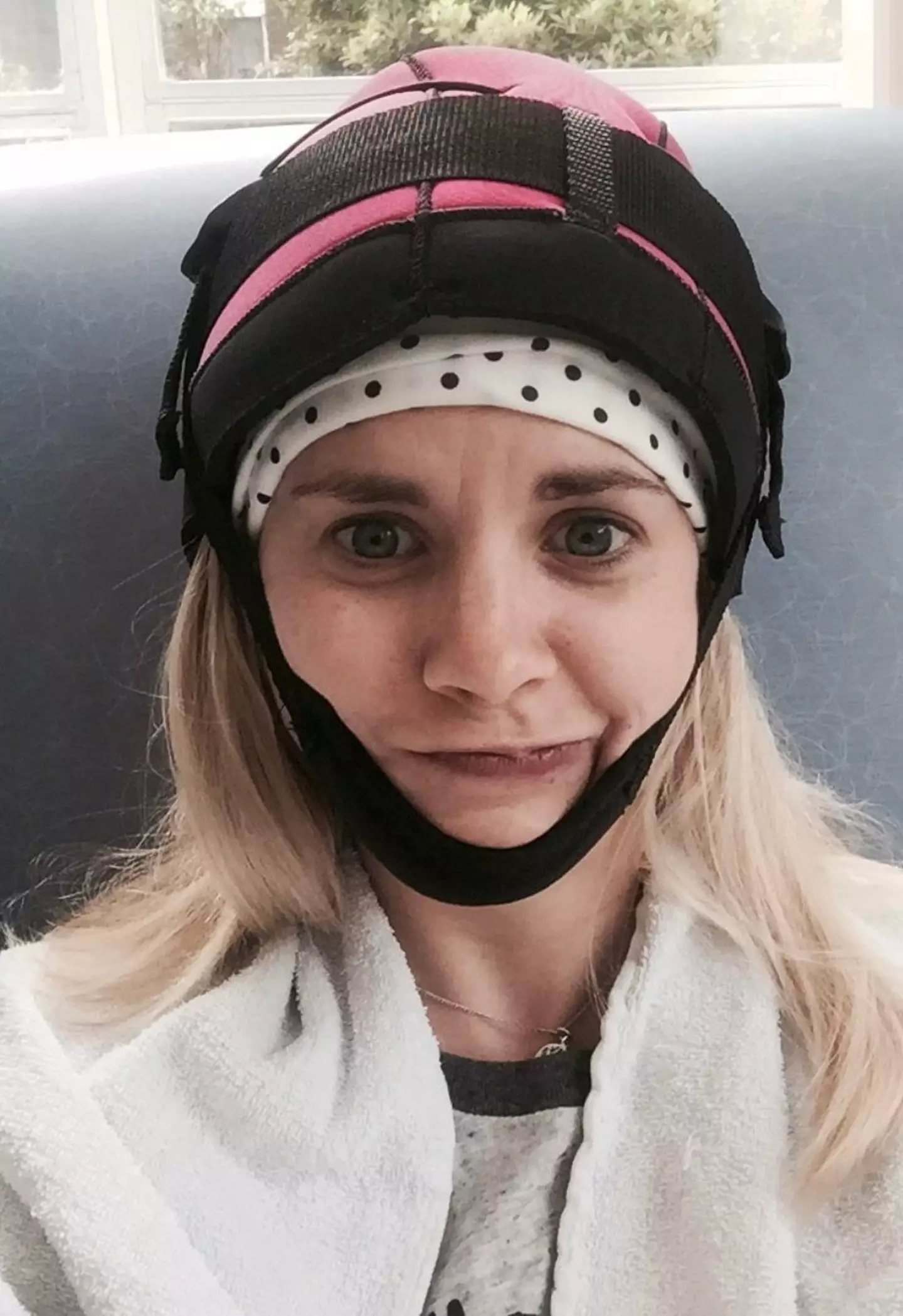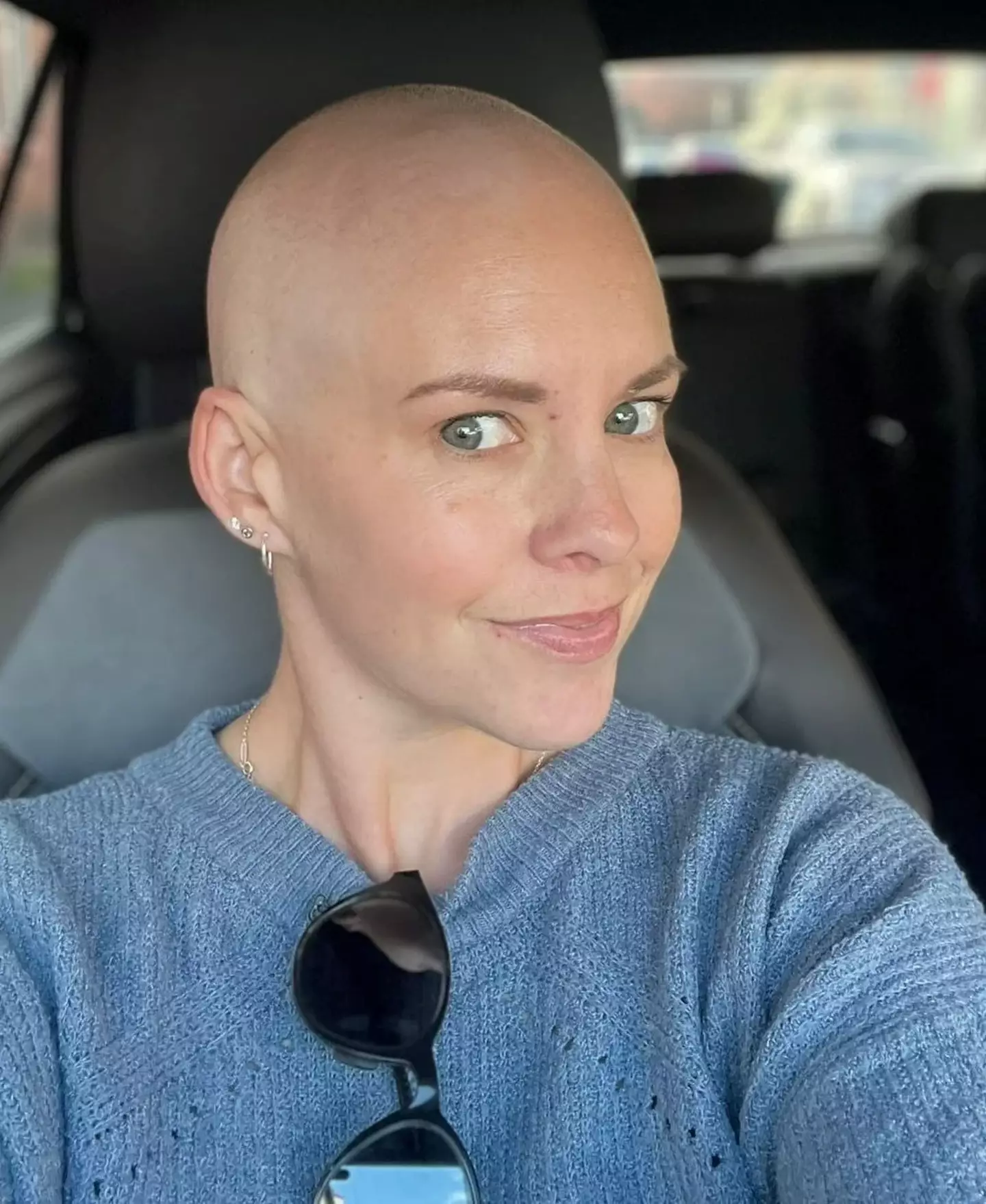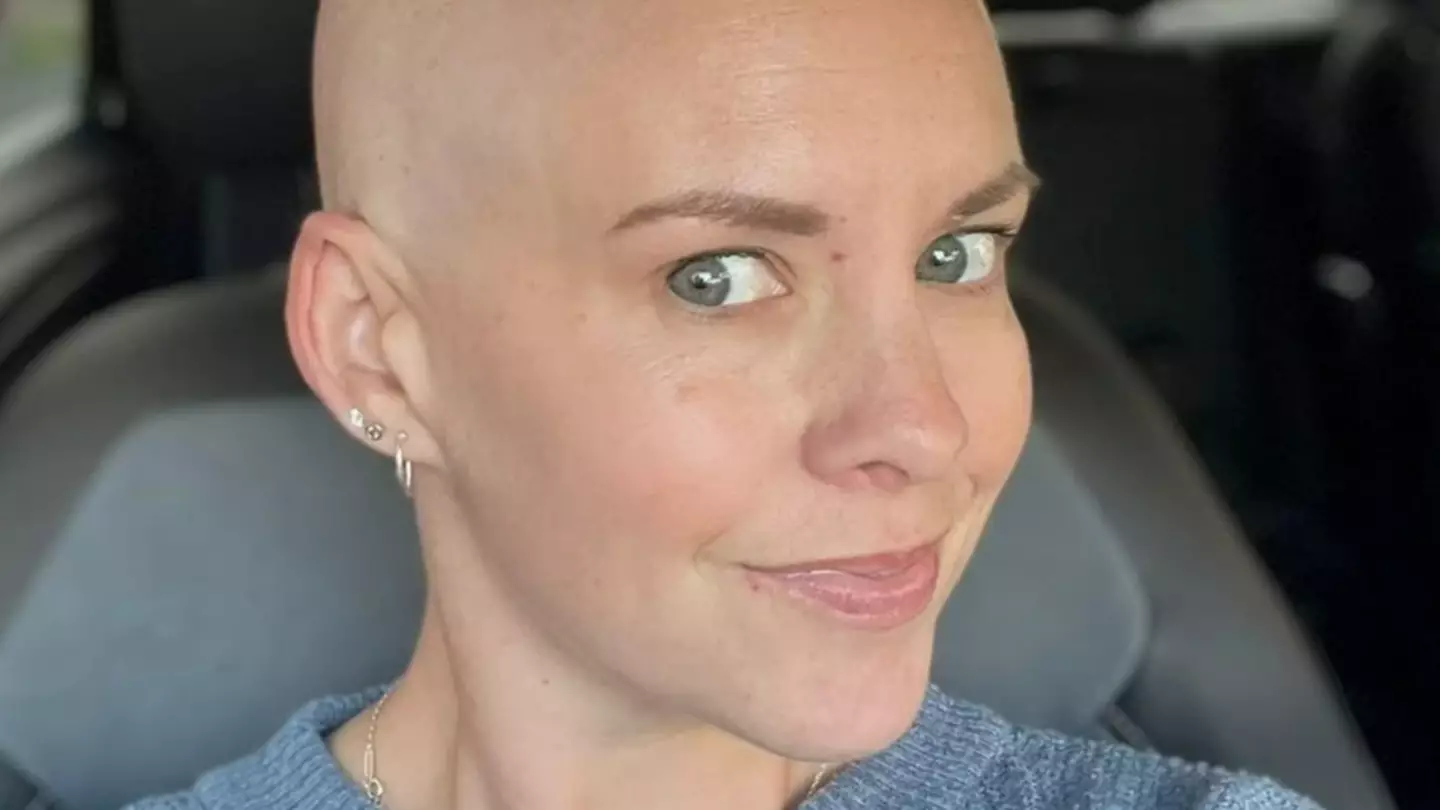A mother experiencing back pain, initially thought to be a muscle strain, was taken aback when she learned it was actually a symptom of cancer.
Rachel McCormack was first diagnosed with stage two breast cancer back in 2015. After undergoing chemotherapy and surgery, she was declared cancer-free and continued with regular mammograms.
Throughout the years, Rachel’s mammograms have consistently shown no signs of cancer. However, she has lived with the fear that the disease might return.
She recalled, “In early days that was a scary time where I was not seeing anyone regularly and I knew there was a possibility it would come back, and managing anxiety thinking with every ache and pain ‘is that something?'”
In December 2024, Rachel began experiencing lower back pain, which she initially attributed to muscle strain.

Being a midwife, she explained that back pain is common in her profession, leading her to seek advice from a GP and subsequently starting physiotherapy.
At 38, and living in North Yorkshire, UK, she remarked, “In clinical midwifery you are twisting and bending into all sorts of positions.”
“A bad back is not unusual for someone doing my job. I went to physiotherapy and it just didn’t get any better; it just got worse.”
As her condition failed to improve, Rachel reached out to her breast care team at Scarborough Hospital.

An MRI scan revealed her vertebrae were ‘severely fractured’ due to tumors on her spine, indicating secondary stage four breast cancer.
Rachel is now receiving a combination of chemotherapy, immunotherapy, and targeted therapy for 12 weeks to reduce the tumors.
“The stats out there show the median amounts of time people live well for but it’s very dependent on how it responds to treatment,” she explained regarding her treatment outlook.
Her spinal fracture will be closely monitored during chemotherapy, with potential surgical intervention later.

Rachel, drawing from her own journey, is keen on raising awareness, particularly among younger individuals, about breast cancer.
She stated, “It’s about raising that awareness that it does happen to women in their twenties and if you do suspect anything always get it checked out and push if you’re not happy with it.”
“Yes, unfortunately I do have secondary stage four cancer that’s not going to be cured but I had a really good response to my primary diagnosis and I got 10 years clear – that’s because I was diagnosed early enough to be diagnosed and treated effectively.”
Given her uncertain prognosis, Rachel’s condition is not curable, prompting her family and friends to support and raise funds for a campervan. This will allow Rachel, her partner James, 39, and their daughter Iris, 5, to enjoy some freedom amidst treatment.
You can contribute to Rachel’s fundraiser, which has successfully met its £15,000 goal, here.
If you’re dealing with similar issues and need confidential support, reach out to the American Cancer Society at 1-800-227-2345 or use their 24/7 live chat service.

